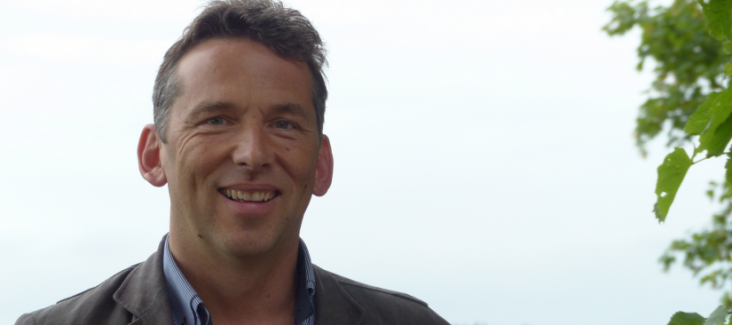Democracy International: In your opinion, why do we need to democratise the world?
Daniel Schily: We are at the beginning of the process of globalization – not only in an economic sense but also in a sense of freedom, democracy and solidarity. This process originates from the people and must not be put on them. In the end, it’s the people who have to democratize themselves. Top down democratization is a contradiction in itself .
Moreover, the idea of democracy has various dimensions. The undelaying question is how to integrate the common freedom of a people with the freedom of individuals. It is evident: possible solutions must include the rule of law. This particularly involves thoughtfully designed procedures of democracy and deliberative processes as well as a functioning public government, including cultural values, feelings and beliefs of identity.
What is your view of the European Citizens' Initiative?
From a legal perspective this democratic tool gives Europe’s citizens the right to officially set an agenda for EU legislation. Yet, the way this instrument is framed is dissatisfying and we have to improve its regulation in many ways.
This is also a technical question or rather a question of infrastructure. Democracy International and its alliance partners are currently working on this. For example we want to launch an ECI-App which keeps interested European Citizens constantly up to date. The app is to remdind them of ongoing initiatives and also the possibility to sign ECIs directly. The big problem about European democracy is the lack of a public sphere of resonance. Currently, there are no transnational multilingual debates. Only the economic and political elites but not citizens communicate with each other cross borders.
The gap between the rich and the poor is increasing. Do you see a connection between the social economic crisis and citizens’ participation? What should be done to fight this development?
As the US-American sociologist Otto Hirschman optimistically said, there is a historic three step pattern. Once you give people basic human rights, they start asking for democratic rights. And once you give them democratic rights, they demand social rights or more precisely some basic means of a secure and sufficient life.
But as we all know, history can also move to the opposite direction. If a majority of a people has the feeling to be economically betrayed, they may start to principally mistrust the democratic system. So sooner or later a person with a demagogic potential takes the chance to take over and install a dictatorship again.
This explains the fragile situation of newly established democracy as for example in Tunisia, where we will have our conference in May. Of course people impatiently wait also for some positive developments in their personal life and living beyond their new freedom to elect a government or to participate in a referendum. On the other hand, some of the old autocratic elites are only waiting for the failure of the new system.
The community of democratic societies should take a whole bunch of actions to help new democracies to overcome this dangerous period. And we should not be too sure about our own democracy.
In your life, what triggered your activism for more democracy and citizen participation? Was there a key moment in your life?
I remember a history lesson in school when I was 18 years old. In this lesson we spoke about Otto v. Bismarck, Germany´s Chancellor in the 19th Century. We spoke about the tragedy of how the “ewige Kanzler” lost control and how then Germany caused - somehow by bad fate - two World Wars and inconceivable war crimes (with the interruption of the democratic episode of the Republic of Weimar.)
So obviously my history teacher had this belief, which is deeply rooted in the many Germans that wise leaders and strong state institutions should be more powerful than citizens. And suddenly I had the feeling in this history lesson that this traditional German belief in state authority is very dangerous. So instead I strongly thought that we should develop a national German Identity with self-confident citizens.
What is the next political goal you want to achieve?
Well, currently at Democracy International we are running a campaign for a more effective European Citizens’ Initiative and a more democratic EU. I am very grateful for everybody who signs and support our campaign.
What should Democracy International do to realise more democracy and citizen participation in the world?
As I already said, preaching democracy is somehow contradictory to the idea of democracy. Because we, the sovereign citizens, should be very careful about ideology even if it sounds democratic. From this understanding I have developed three principles for Democracy International. They can be summarized with “learning and exchange”, “helping and encourage” and finally “evolving and develop”. I want to help to build up a strong worldwide network of people who are interested in democracy and want to make a change.
Interview by Cora Pfafferott

